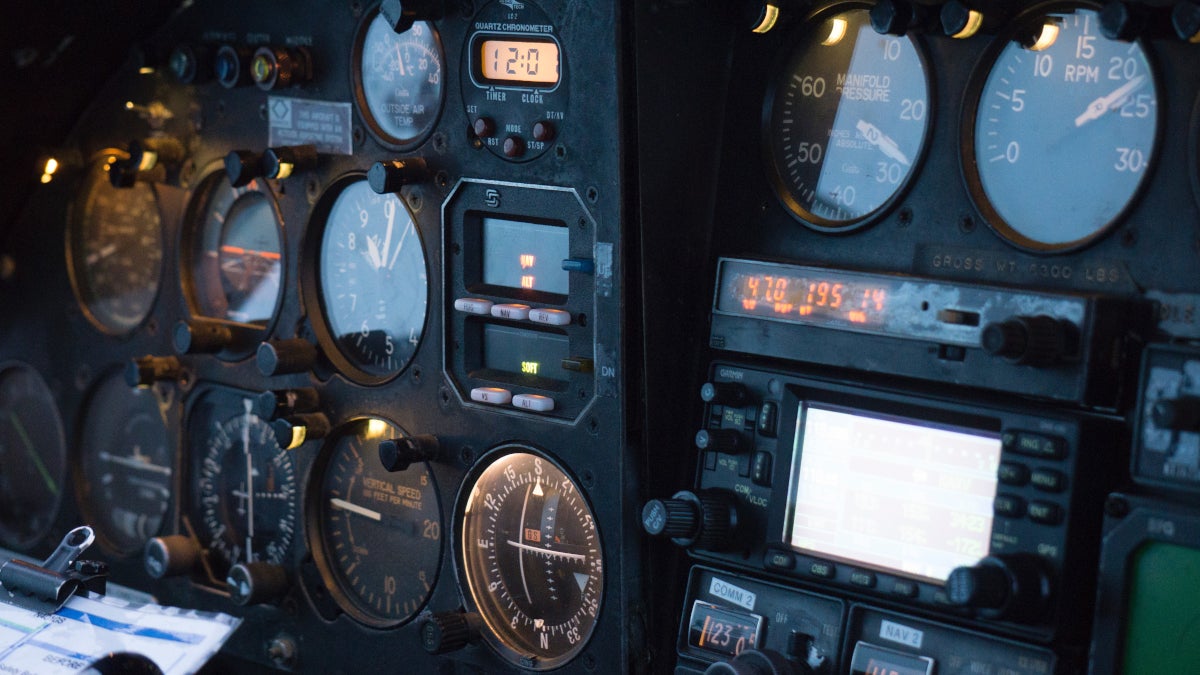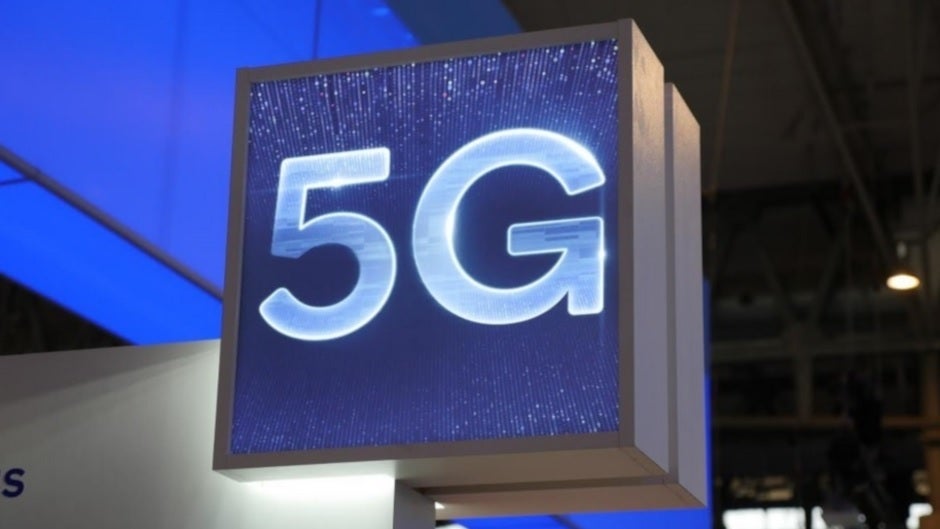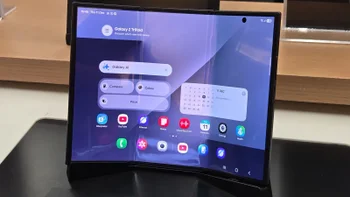FAA warns that certain 5G signals could seriously interfere with commercial aircraft

According to Fox Business News, the FAA is getting ready to issue warnings to pilots and airlines about the potential for interference from mid-band 5G signals in the frequency range of 3.7GHz-4.2GHz wireless service which are expected to debut early in December. These mid-band 5G signals being broadcast by wireless towers could interfere with some automated features used by pilots to fly and land airplanes.
FAA wants to warn pilots and airlines about the dangers of C-band 5G interfering with aviation controls
Any decision made by the FAA is not expected to change the current rules regarding consumers' use of smartphones on commercial flights. The FAA regulations prevent smartphone users from using their handset once the plane is off the ground. This rule was put in place "because of the potential for ground network interference," and to prevent passengers from being subjected to hearing hours of one-sided phone conversations.
Airline passengers are allowed to send and receive messages during a flight but this requires the use of certain messaging apps that use Wi-Fi instead of a cellular network. That means those using Apple's iMessage, WhatsApp, WeChat, Google Messages (RCS), and Facebook Messenger will work as long as the airline you are traveling on offers Wi-Fi. Airlines like JetBlue Airways, Southwest Airlines, Delta Air Lines, and Alaska Airlines offer free Wi-Fi or have a text message platform.

C-band signals used to deliver 5G might interfere with the operation of commercial aircraft
The features in the cockpit that could face interference from the new 5G signals help pilots land a plane in bad weather, avoid a midair collision, and prevent crashes. Airlines might be forced to cancel, delay, or divert flights in the 46 metropolitan areas where these specific 5G towers are located. However, FCC officials and the telecom industry disagree with the FAA and say that the evidence doesn't show that 5G signals will interfere with aviation equipment.
After reviewing the evidence last year, the FCC is allowing Verizon and other carriers to roll out their C-band 5G signals. On the other hand, the FAA is not satisfied and feels that its safety concerns have not been totally addressed according to current and former government officials. The FAA says that it is working with other government officials "so that aviation and the newest generation of 5G cellular technology can safely coexist."
While the C-band 5G signals run in the 3.7GHz-4.2GHz range, aviation equipment operates in the 4.2GHz-4.4GHz range. Aviation experts say that some of the frequencies used for 5G can interfere with radar altimeters which measure the distance between aircraft and the ground. If the altimeter shows a reading that is off by only a few hundred feet, certain flight-control systems can malfunction.
The CTIA says that any delay in using C-band spectrum can prevent the U.S. from taking global leadership in 5G
Meredith Attwell Baker, president of the CTIA trade association that includes Verizon, AT&T, and T-Mobile says that the C-band is used in 40 countries without creating any harmful interference that could affect the aviation industry. She says, "Any delay in activating this spectrum risks America’s competitiveness and jeopardizes our ability to ensure global 5G leadership."
The C-band is important to Verizon because the carrier has been focusing on its high-band Ultra Wideband service that delivers the fastest 5G download data speeds, but does not travel very far. The C-band mid-range airwaves travel farther than high-band mmWave and deliver faster speeds than low-band. Thus, U.S. carriers need mid-band spectrum in order to provide customers with download speeds much faster than 4G LTE while having enough coverage to give their subscribers the ability to connect to these signals.
T-Mobile, thinking ahead, purchased Sprint early last year which gave it the latter's hoard of 2.5GHz mid-band spectrum. Verizon and AT&T had to spend over $68 billion between them to win licenses allowing them to use C-band frequencies for their 5G services. This makes deployment of the C-band very important to the U.S. if the country wants to be the global leader in 5G.
It isn't clear yet just exactly what the wording of the FAA's warning will be. The agency has the power to restrict an airline's flight operations and can restrict flights over certain areas. Meanwhile, the FCC says that it is committed to keeping air travel safe "while moving forward with the deployment of new technologies that support American business and consumer needs."
Follow us on Google News













Things that are NOT allowed:
To help keep our community safe and free from spam, we apply temporary limits to newly created accounts: